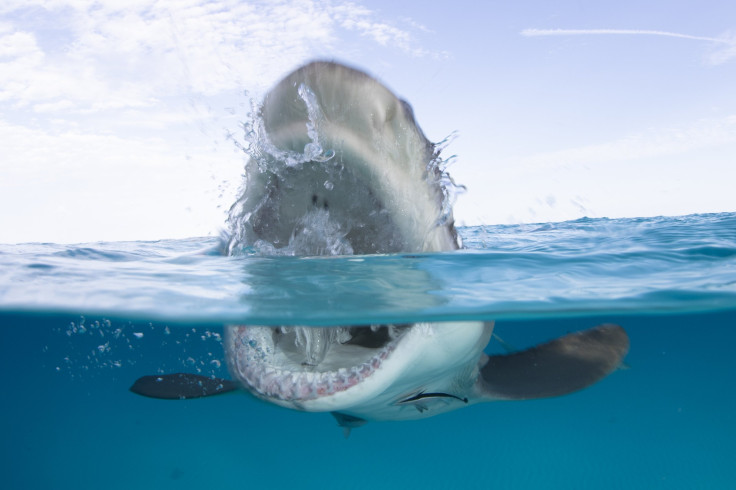Sharks Don't Eat Humans Because We Aren't 'Nutritious Enough' - So Why Do They Attack Us?

Hey there! Are you planning on spending your summer in the Bahamas, Makena Beach or maybe New Smyrna Beach, Florida? Are you craving for a sun-bask lying on a beach after taking a dip in the ocean? Well, IBTimes wishes you an amazing summer but most importantly, we would like you to put your safety first.
The number of unprovoked shark attacks is quite high compared to other attacks. Recent reports show that a total of 66 unprovoked shark cases were reported as of the previous summer in the United States. Also, more than 80 shark attacks are reported worldwide annually.
This year in June, a shark attack was reported in North Carolina where a girl aged 17 was hurt by a shark. Florida's beaches have been the biggest victim of unproved shark attacks over decades, a case believed to be due to the warm waters in its beaches especially during summer. A total of 812 confirmed attacks have been recorded since a century ago.
In the upcoming summer, it is more than likely that most of the beaches you will visit are shark-infested. Whoa! Whoa! Don’t quake your boots and abort your beach summer plans. No! We’ve just the best precautions to keep you safe from shark attacks at the beach this summer and many more to come. Check them out:
1. Stay far from the waters during dawn, night and dusk hours- Scientists confirm that this is the feeding time for fish and sharks without any exemptions. Despite a shark expert saying that humans are not sharks food, we have to be very careful since sharks have low vision and they might confuse humans in water with seals or other fish which are shark's food. "Sharks don't eat humans," Perter Kimley says (a shark expert of the University of California). "In fact, they spit out humans. Humans aren't nutritious enough to be worth the effort." However, he still cautions that "A human being of course, close to the surface, does a pretty good job looking like a seal, and one on a surfboard does an even better job."
2. Don’t swim alone, it’s safe to swim in a group- Avoid wandering very far from the shores. Sharks are known to attack individuals who are in an isolated area in the water.
3. Avoid wearing shiny costumes while getting in the water- Since shiny costumes reflect light during the day, this may beckon some fish that might be chased by a shark. This can put you in danger of being attacked by the shark especially if the shark mistakes you for food.
4. Be free of any bleeding wound- Blood attracts sharks. The shark can follow a blood trail and get to you.
5. If you come across a shark, don’t get tempted to touch it or feed it- A shark can mistake you for food and the next thing you know, you could be getting dragged down the water and suffering lethal bites. This is a major cause of proved shark attacks. However, if this unfortunate thing happens, you can still escape the jaws of death. Fight back if you can and do whatever you can to escape the shark. Many people have survived by chance and you can too if you act without panicking.
© Copyright IBTimes 2024. All rights reserved.





















